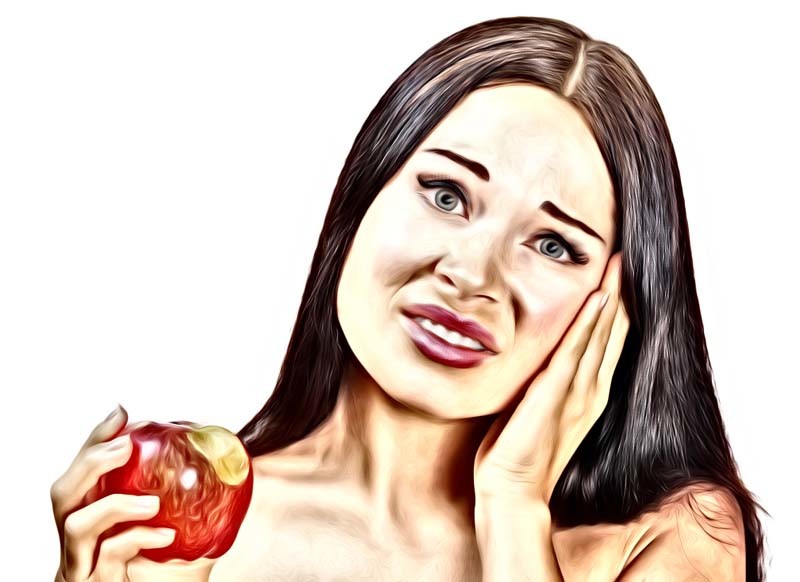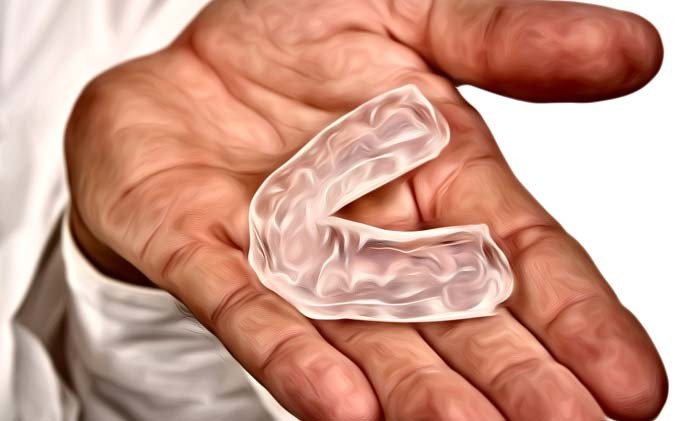- team@smileworkscalgary.com
- +403-255-7833
- Suite #101 506 71st AVE SW Calgary, AB, Canada T2V 4V4
Bruxism or Teeth Grinding
Just What You Need
Many people clench or grind their teeth, especially during sleep, and may not even be aware of it. Over time, bruxism can wear down tooth surfaces. Teeth may also become loose, painful or prone to fractures.
The tell-tale signs and symptoms of bruxism are:
- Teeth that are flattened, fractured, chipped or loose
- Worn tooth enamel
- Increase in tooth sensitivity
- Damage from chewing on your tongue or the inside of your cheek
- Pain or soreness in the jaw or face, tired or tight jaw muscles
- Headaches and earaches
Bruxism may also contribute to, or be a sign of, issues in the TM joint. This is the joint where the lower jaw connects to the skull.


TMD
Temporomandibular disorder (TMD)
TMD affects the jaws joints and groups of muscles that let us chew, swallow, speak and yawn. Symptoms include tender or sore jaw muscles, headaches, clicking or popping in the jaw joint and problems opening or closing your mouth. Bruxism can be related to TMD, and clenching can fatigue previously compromised muscles. (Ontario Dental Association)
Depending on the patient, a dentist will recommend an oral appliance or nightguard which may reduce bruxism or help protect the teeth from damage caused by grinding.
